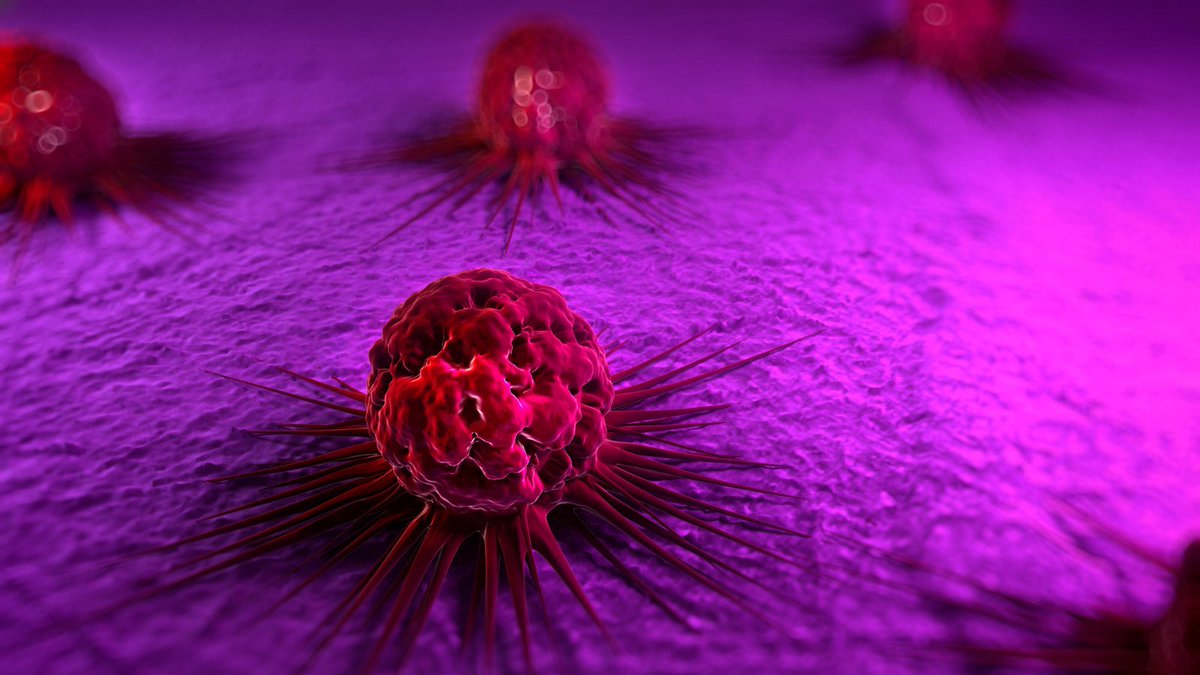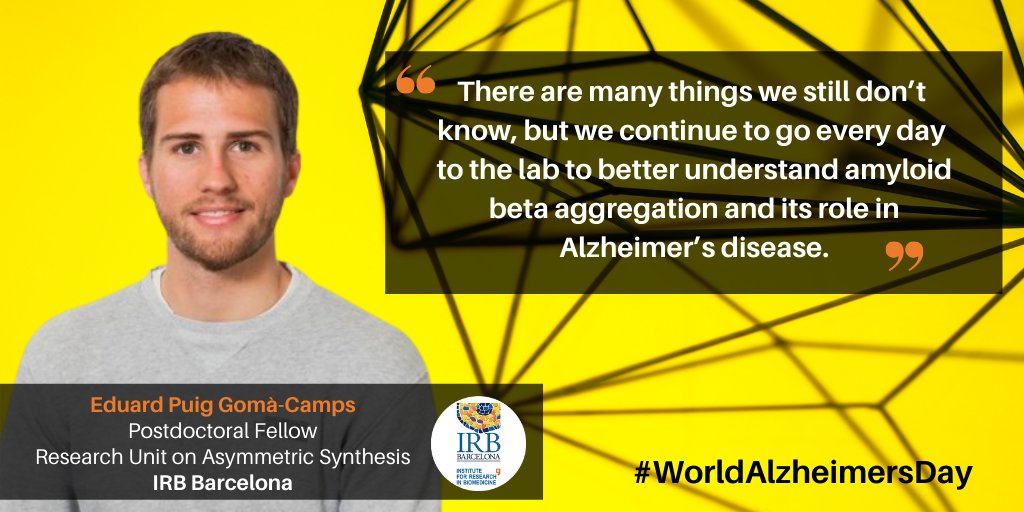👩🔬👨🔬Científicos del @IRBBarcelona han demostrado que la proteína p38 regula el proceso de angiogénesis en tumores.
¿Qué es la angiogenesis y que importancia tiene para las células tumorales?👇
¿Qué es la angiogenesis y que importancia tiene para las células tumorales?👇

La angiogénesis es la formación de nuevos vasos sanguíneos a partir de vasos preexistentes. Es un fenómeno normal durante el desarrollo embrionario, el crecimiento del organismo y la cicatrización de heridas. Pero también se puede dar en tumores.
La formación de vasos sanguíneos o angiogénesis permite a las células tumorales alimentarse, crecer y eventualmente, generar #metástasis.
Hasta ahora se habían descrito funciones de la proteína p38 en células tumorales, pero se desconocía su papel durante la angiogénesis.
Hasta ahora se habían descrito funciones de la proteína p38 en células tumorales, pero se desconocía su papel durante la angiogénesis.

Ahora, el investigador @icreacommunity del @IRBBarcelona Ángel R. Nebreda y su equipo han demostrado que la inhibición de la proteína p38 potencia la formación de nuevos vasos sanguíneos en tumores de colon humanos y de ratones. 

En concreto, los investigadores han comprobado que la actividad de p38 es importante en un tipo de células llamadas células madre mesenquimales, que tiene una alta plasticidad y se pueden localizar alrededor de los vasos sanguíneos. 

Comprender cómo se regula la formación de nuevos vasos sanguíneos podría ayudar a mejorar los tratamientos de tumores con quimioterapia, así como a desarrollar terapias angiogénicas más eficaces para otras enfermedades.
Lee más sobre este estudio👇
irbbarcelona.org/es/news/un-est…
Lee más sobre este estudio👇
irbbarcelona.org/es/news/un-est…
• • •
Missing some Tweet in this thread? You can try to
force a refresh










